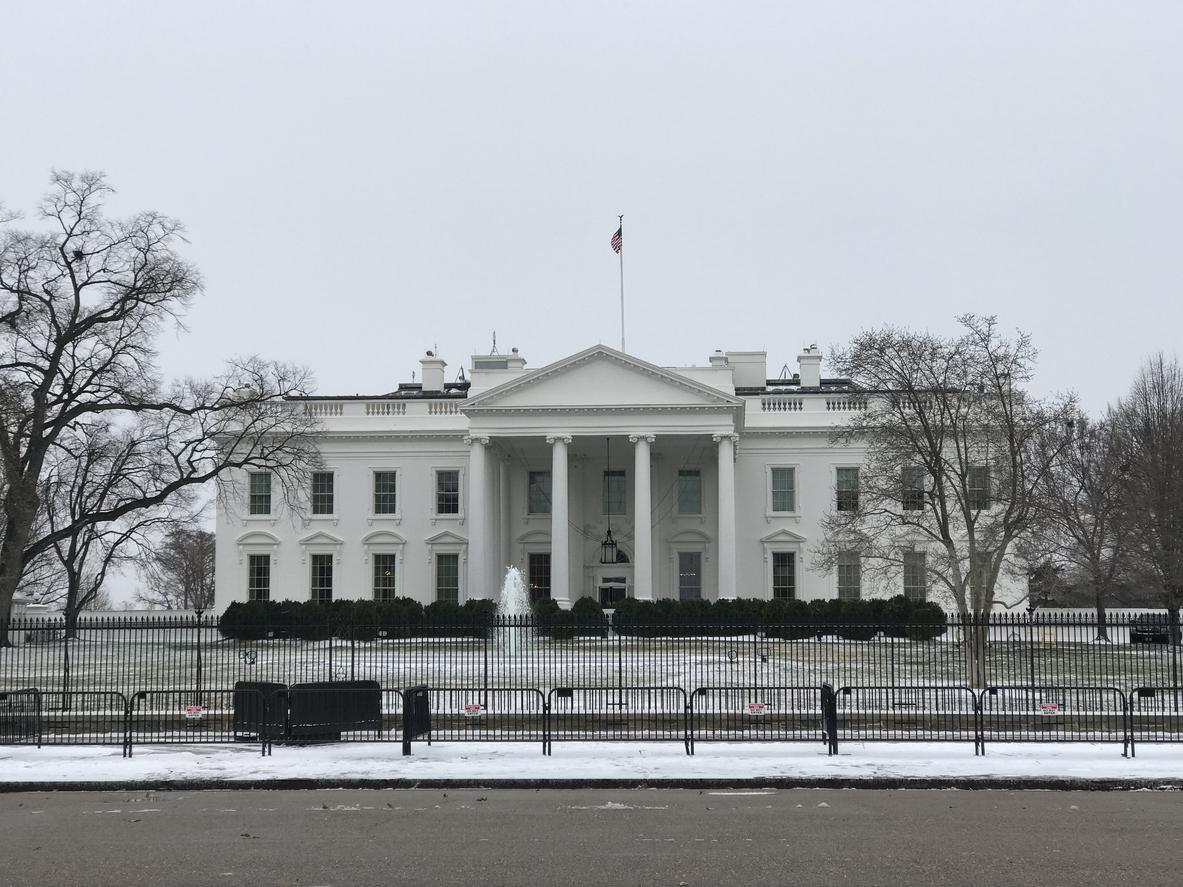The White House yesterday announced that it would end public health and national emergencies for COVID on May 11, rejecting a Republican House proposal to end them abruptly.
The Trump administration declared the public health and national emergencies in 2020, actions that are tied to response policies and allow more regulatory and funding flexibility. In a statement yesterday, the Biden administration said the national health emergency was set to expire on Mar 1 and the public health emergency was scheduled to expire on Apr 11. It said it would extend both to May 11, a timeline it says tracks with its plan of giving at least a 60-day notice before ending the public health emergency.
The plan comes at a transition time as the United States and the world move from a more acute phase of the pandemic to a more endemic spread pattern. Yesterday, the World Health Organization (WHO) announced that the situation still warrants a public health emergency of international concern, though it acknowledged that the pandemic is at an "inflection point."
Orderly wind-down to minimize disruption
The White House emphasized that continuing the current emergencies don't impose any individual, school, or business restrictions and don't require mask, medication, or vaccine mandates. However, it said the two House proposals would have significant impacts on the government and health systems. For example, it said abruptly ending the emergencies would create chaos and uncertainty in the health system affecting tens of millions of Americans.
As part of the public health emergency, the Medicaid program has operated under special rules to provide extra funding to states to keep vulnerable people covered during the pandemic. In December, Congress approved an orderly wind-down of the rules to make the process predictable for patients and the funding cliff less dramatic for states.
Also, the White House added that ending the public health emergency will have Southwest border policy implications, and lifting restrictions will increase the inflow of migrants before alternative policies are put in place.
Implications for vaccines, treatments, EUAs
On Twitter today, Ashish Jha, MD, MPH, White House COVID-19 response coordinator, said there are other reasons for ending the two emergencies. He said the nation is in a better place with managing the virus and is getting through the winter without a big surge or a run on hospitals. He also said the nation has the tools for managing the virus.
Jha emphasized that the end of the public health emergency doesn't mean that people won't be able to get the vaccines or treatments they need and that bivalent (two-strain) vaccines and the antiviral drug Paxlovid will continue to be available free to people who need them. "Over time, we will transition away from US government buying vaccines and treatments to the regular healthcare market," he said.
In a related development, the Food and Drug Administration (FDA) today said ending the public health emergency won't hamper the agency's ability to authorize devices (including tests), treatments, or vaccines for emergency use and that existing emergency use authorizations (EUAs) will remain in place.
But it said the emergency has allowed the FDA to provide tools and flexibilities to manufacturers, healthcare facilities, providers, patients, and other stakeholders. It said it would post a Federal Register notice on how ending the public health emergency would affect the agency's COVID-19 guidance and which actions it would temporarily extend or allow to expire.



















